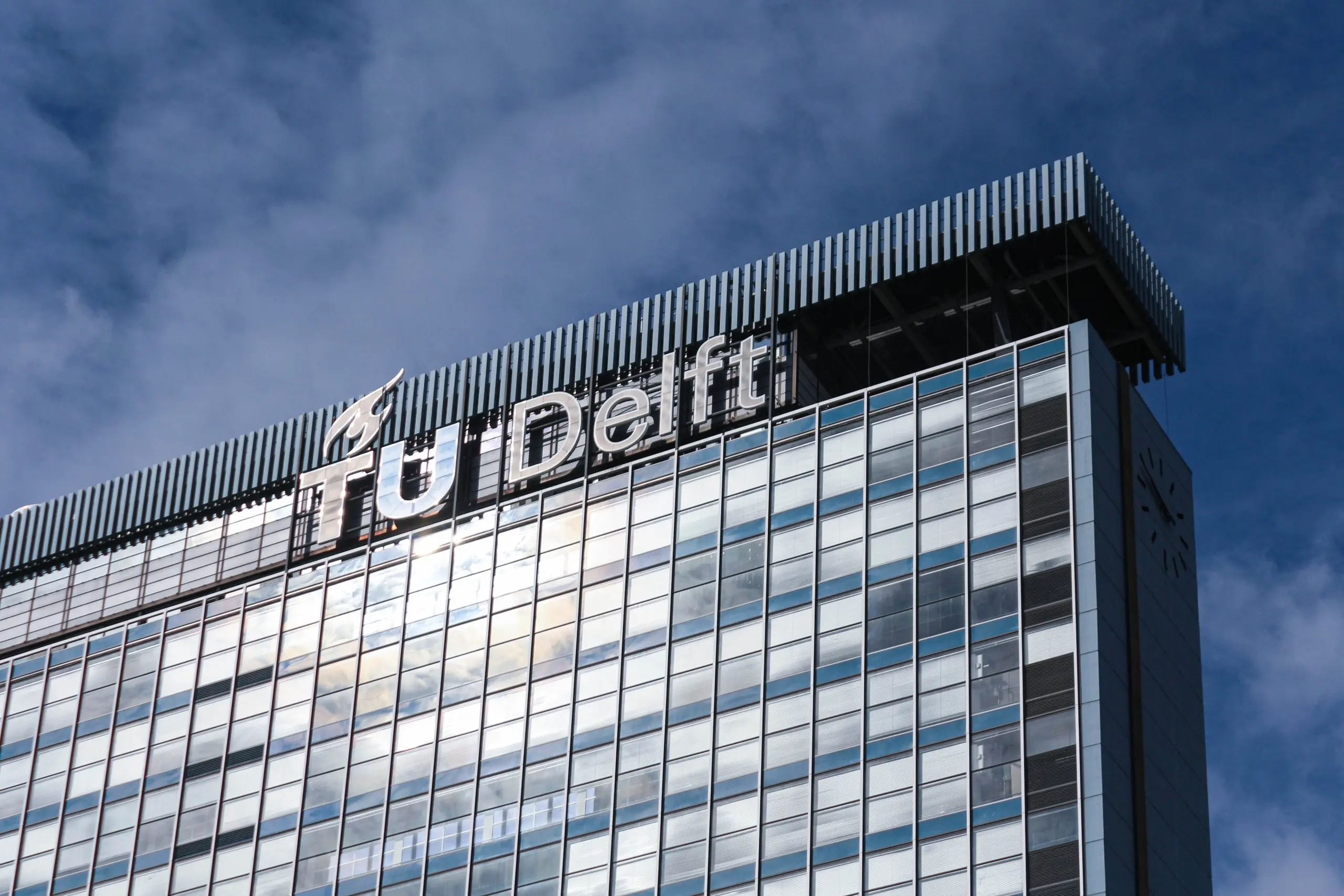Vocational schools and higher education institutions are set to receive a total of 81 million euros in government funding over the next two years to train more technical workers for the microchip sector – as quickly as possible. Educational institutions in the Delft region will share 9.4 million euros.
(Photo: Justyna Botor)
Early this year, chip machine manufacturer ASML threatened to leave the Netherlands when the current coalition parties said they wanted to curb the influx of international students and knowledge workers.
Project Beethoven
The outgoing government was shocked and responded by announcing ‘Project Beethoven’. The plan was to strengthen the Dutch microchip sector by earmarking 2.5 billion euros for investment until 2030 – a plan that was adopted by their successors. Of the total budget, 450 million euros will be used to train an additional 33,000 technical workers.
According to Ministers Beljaarts (Economic Affairs) and Bruins (Education), the Eindhoven region faces the biggest staff shortage. Educational institutions in this area that have submitted promising proposals can look forward to a combined 45 million euros in funding. The Twente, Delft and North Netherlands regions will receive 20.5 million, 9.4 million and 5.9 million euros respectively.
If the investments pay off, the government intends to make the rest of the budget available from 2027. Businesses and educational institutions are also chipping in, contributing a total of 310 million euros.
Campus Rotterdam
The Delft region will receive 9.4 million euros to adapt educational programmes and attract international students. A leading group, consisting of TU Delft, Haagse Hogeschool, InHolland, and ROC Mondriaan, submitted a plan to secure the funding. Several other institutions in the region, including Leiden University and the Leiden Instrumentmakers School, are also involved in the implementation, according to a TU Delft spokesperson.
Of the 9.4 million euros, 7 million euros is earmarked for education, 1.4 million euros for collaboration, and 1 million euros for coordination and recruitment. According to the spokesperson, it is difficult to specify the exact amount TU Delft will receive, as the projects have been planned collectively.
These initial funds provide some perspective for TU Delft, which is seeking investments to finance its Rotterdam Campus. This expansion can only proceed with additional external funding. Executive Board member Marien van der Meer previously mentioned in a meeting with trade unions that exploring whether the plans for the Rotterdam Campus align with Project Beethoven is an option.
Crucial
Minister Bruins believes that strengthening technical education is “crucial for the future of our country”. So crucial, in fact, that skilled foreign technical workers will remain welcome, as he pointed out last summer.
The government wants to use the remaining two billion euros to improve the business climate for the Dutch microchip industry. “This includes providing good roads and public transport, creating more affordable housing in the Brainport Eindhoven region and reducing grid congestion”, according to the press release.
HOP, Hein Cuppen / Delta, Marjolein van der Veldt
Translation: Taalcentrum-VU
Do you have a question or comment about this article?
redactie@hogeronderwijspersbureau.nl


Comments are closed.